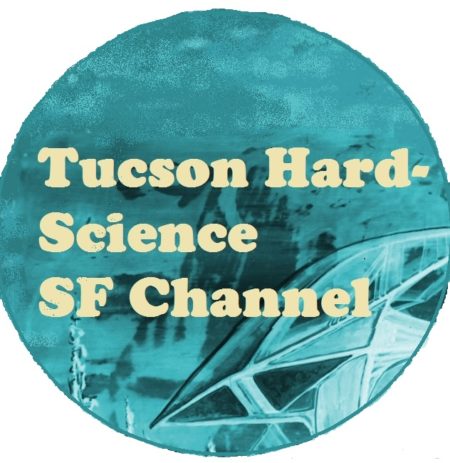Dear IAFA Members,
As you know, the IAFA Executive Board has been gathering information in preparation for making the decision as to the future of the International Conference for the Fantastic in the Arts. In particular, we wanted to address concerns that had been vocalized to a number of us that our continued presence in Florida–a state whose government is actively passing laws and enacting policies that are anathematic to the values that an academic organization like ours holds to–was problematic at best.
We began the process by researching locations that might be amenable to us. For more information on this process, please review the FAQ found on our website: https://iaftfita.wildapricot.org/ICFAFAQs
What we discovered is that there are limited options due to our size and shape; rather than repeat the specifics here, we refer you to the email we sent out prior to the town hall meetings on May 24, 2022.
As part of this information seeking, we held three town hall meetings with our membership, at various days and times, encouraging input and ideas. We provided a Google document whereby people could additionally comment, including anonymously if they so chose. As a result of these conversations, we provided a survey, asking people for their input.
The overwhelming response to these inquiries has been that people prefer to continue to meet at the Orlando Airport Marriott Lakeside, and would like to have IAFA take steps to make our presence have greater meaning to the Florida academic community at large in a more tangible way.
This past week, the Executive Board voted to continue our relationship with the Marriott through 2026. We also decided to create a liaison position that will spearhead a task force to develop ideas and methods by which we may be an ally in Florida to all those who oppose the state’s current political drift and systemic injustice. To give you a sampling of some of the things we discussed: grants or brain trust support for creating campus organizations, guest lectures and author readings on campuses, and assistance and participation with organization of special campus events.
We are also actively seeking ways that we can support or co-sponsor a conference on the West Coast; in fact LA’s EagleCon has already reached out to us seeking this very thing. This is in recognition not only of how much our organization would benefit from a West Coast presence but also as part of a process of expanding the overall visibility and availability of IAFA that we are beginning next month with our co-sponsoring of the conference that the University of Glasgow’s Centre for Fantasy and the Fantastic is holding.
Thank you for your continued support of IAFA. If you have any questions or concerns, please feel free to reach out to us.
Pawel Frelik, President, IAFA (iafa.president@fantastic-arts.org) & Jeri Zulli, Conference Director, IAFA iafa.confchair@fantastic-arts.org
On behalf of the IAFA Board
